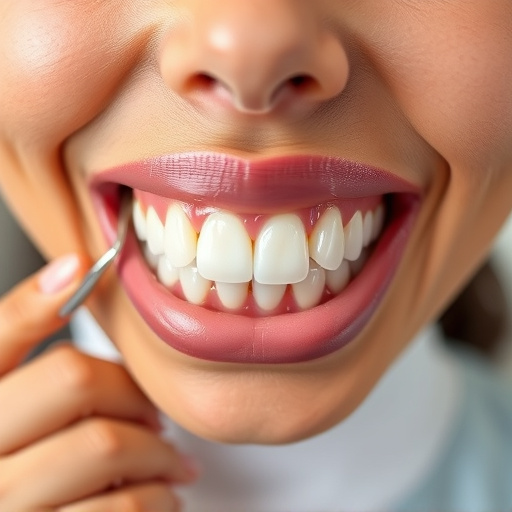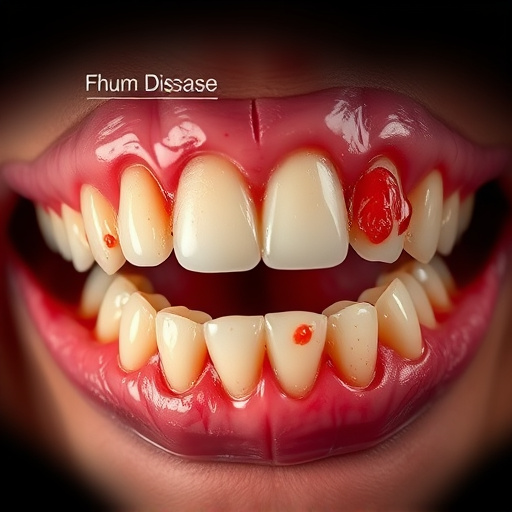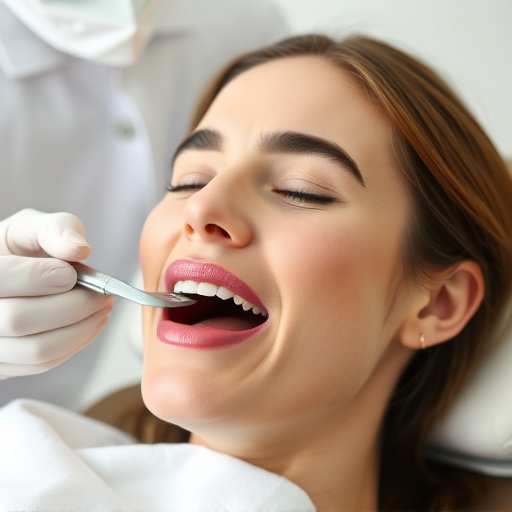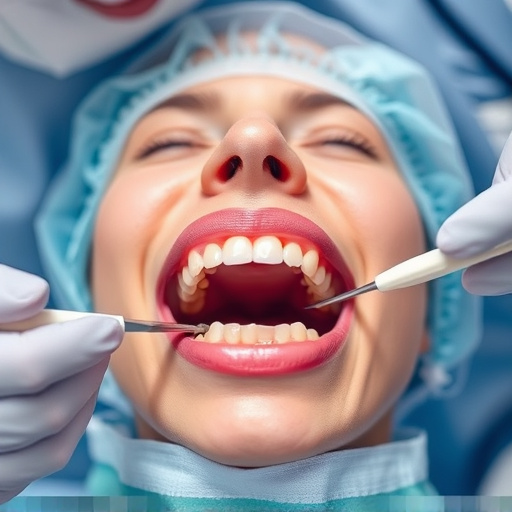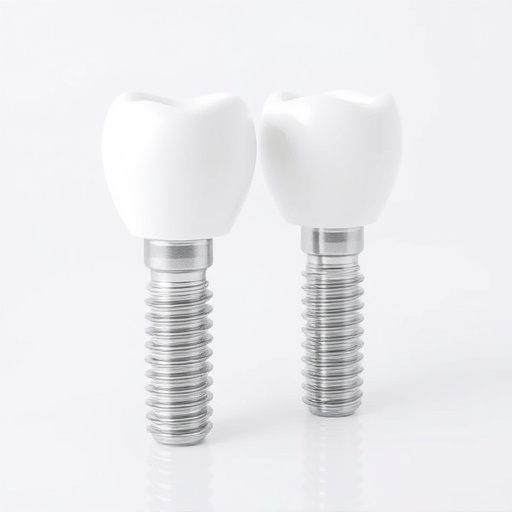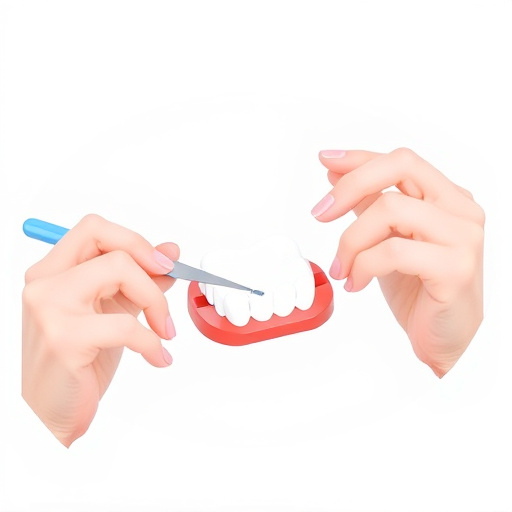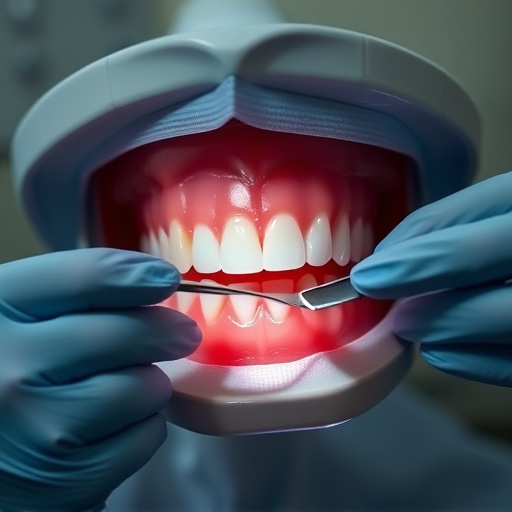Oral hygiene education is a vital component of overall wellness, empowering individuals to take control of their dental care through proper brushing, flossing, and tongue cleaning techniques. This proactive approach prevents common issues like tooth decay and gum disease, reduces the need for extensive procedures, and promotes long-lasting oral health. Dentists play a key role in delivering tailored educational sessions using engaging methods, addressing individual needs, and integrating nutrition education for a holistic approach. Effective oral hygiene education, especially within children's dentistry, fosters continuous care, reduces dental anxiety, and enhances overall well-being.
Oral hygiene education is a cornerstone for achieving and maintaining optimal dental health. This article explores the multifaceted role of education in promoting robust oral health, focusing on three key areas: understanding the foundational principles, implementing effective teaching strategies, and fostering a continuous care mindset. By delving into these aspects, we aim to underscore the importance of oral hygiene education as a powerful tool for dental success.
- Understanding the Foundation of Oral Health
- Implementing Effective Education Strategies
- The Impact and Continuous Care Approach
Understanding the Foundation of Oral Health

Oral health is a cornerstone of overall well-being, and its foundations lie in understanding the daily practices that foster it. Oral hygiene education plays a pivotal role in empowering individuals to take charge of their dental care. By teaching the basics of proper brushing techniques, flossing, and tongue cleaning, we equip people with the knowledge needed to prevent common oral issues like tooth decay and gum disease. This proactive approach to oral health sets the stage for long-term success, reducing the need for extensive procedures such as cosmetic fillings or dental implants down the line.
Preventive dentistry is not just about avoiding problems; it’s about promoting a healthy smile that can last a lifetime. Oral hygiene education fosters a deeper appreciation for the connection between oral and systemic health. By understanding how oral health influences overall well-being, individuals are more likely to adhere to preventive measures, leading to reduced dental visits and improved quality of life.
Implementing Effective Education Strategies

Implementing effective education strategies is key to fostering good oral health habits among patients of all ages. Engaging and interactive approaches, such as hands-on demonstrations, visual aids, and role-playing scenarios, can significantly enhance learning outcomes. Dentists and dental professionals play a pivotal role in delivering these educational sessions, ensuring they are tailored to the target audience’s needs and comprehension levels. By incorporating simple yet powerful techniques into routine check-ups and community outreach programs, practices can empower patients to take charge of their oral health.
Regular and structured oral hygiene education helps dispel myths and misconceptions, promoting evidence-based practices. Whether it’s teaching children proper brushing techniques or guiding adults on the use of interdental brushes, these educational initiatives contribute to improved oral hygiene adherence. Furthermore, integrating topics related to nutrition and its impact on dental health can complement general dentistry services, fostering a holistic approach that encompasses both cosmetic and family dentistry aspects.
The Impact and Continuous Care Approach

Oral hygiene education plays a pivotal role in achieving long-term dental success. By empowering individuals, especially children and young adults in the realm of children’s dentistry, with knowledge about proper brushing techniques, flossing practices, and regular dental check-ups, we can significantly reduce the risk of common oral health issues. This proactive approach extends beyond the confines of general dentistry; it ensures that patients are equipped to maintain their oral health even between visits, fostering a culture of continuous care.
Through comprehensive education, individuals learn not only the practical aspects of oral hygiene but also gain an understanding of its psychological and social implications. Knowing how to prevent dental emergencies, such as toothaches or dental trauma, can reduce anxiety related to dental visits. This knowledge empowers patients to take charge of their oral health, making regular maintenance a sustainable habit rather than a temporary fix, thereby enhancing overall well-being.
Oral hygiene education is a powerful tool for fostering lifelong dental health. By understanding the foundational knowledge and implementing effective teaching strategies, we can empower individuals to take control of their oral care. The impact extends beyond immediate learning; it promotes continuous care routines that prevent common dental issues. Through comprehensive education, we create a society with better oral health outcomes and reduced dependency on intensive dental treatments. This holistic approach ensures that dental success is not just achieved in the moment but becomes an integral part of everyday life.








